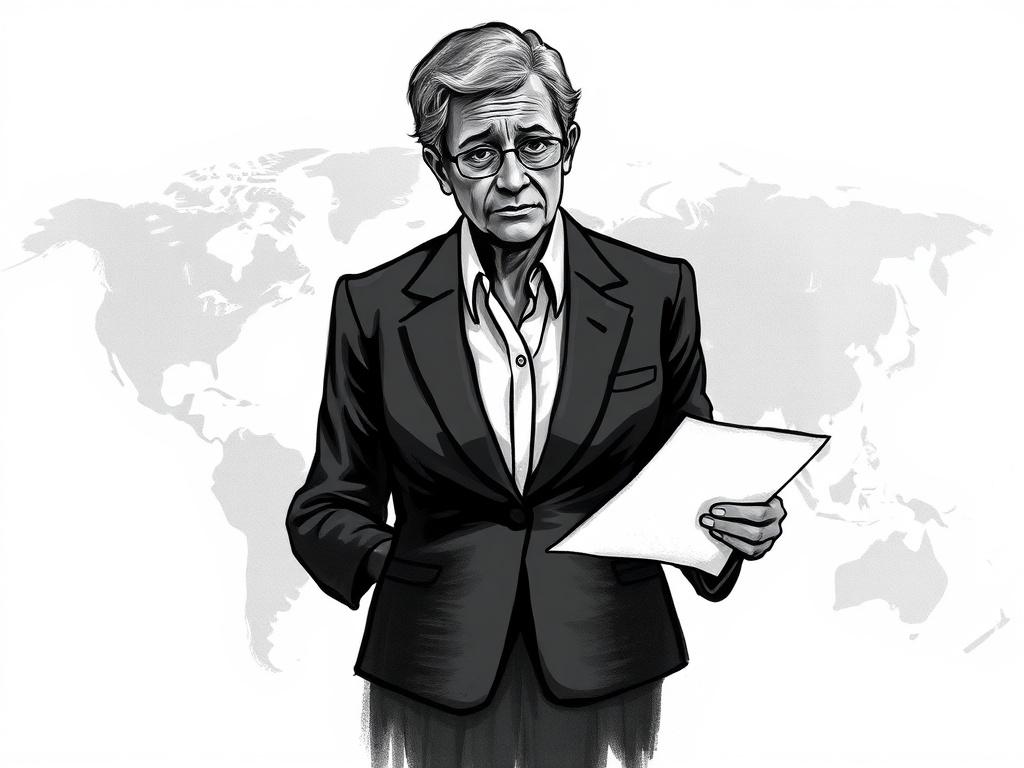
In November 2025, the United Nations High Commissioner for Human Rights issued a joint letter that raised urgent concerns about the escalating risk of atrocities in Sudan. This pivotal letter highlights the deteriorating human rights situation in the country, where ongoing conflict and instability have created a fertile ground for violence and abuse. By addressing the international community directly, the High Commissioner seeks to galvanize attention and action to prevent further suffering among the Sudanese population.
This blog post discusses the UN High Commissioner for Human Rights joint letter, emphasizing its key messages and insights into the alarming conditions in Sudan. It will also explore the global response to this urgent call to action, examining how nations and organizations are mobilizing resources and strategies to address the complex challenges facing Sudan. Understanding the content and implications of this letter is crucial for anyone concerned about human rights and the role of the international community in safeguarding vulnerable populations.
Understanding the UN High Commissioner for Human Rights joint letter on Sudan
In November 2025, the UN High Commissioner for Human Rights issued a joint letter emphasizing the urgent need for international attention to the deteriorating situation in Sudan. This letter, co-signed by various UN agencies and human rights organizations, explicitly raised alarms about the potential for widespread atrocities against civilians. The commissioner underscored that escalating violence and human rights violations could lead to a humanitarian catastrophe if not addressed promptly. The letter serves as a clarion call for the global community to recognize the gravity of the situation and take decisive action to protect vulnerable populations in Sudan.
By highlighting specific incidents of violence, displacement, and repression, the joint letter aims to inform and mobilize governmental and non-governmental stakeholders alike. It calls upon the international community to engage in diplomatic efforts, impose targeted sanctions, and support accountability mechanisms to deter the perpetrators of atrocities. The UN High Commissioner’s letter not only seeks to raise awareness but also emphasizes the moral responsibility of nations to prioritize human rights and safeguard the dignity of those affected by conflict in Sudan.
Important insights into the escalating atrocity risk in Sudan
The UN High Commissioner for Human Rights raised urgent concerns about the worsening situation in Sudan, highlighting the alarming potential for atrocities as violence and conflict escalate. Reports of systematic human rights violations, including arbitrary killings, sexual violence, and displacement of civilians, paint a grim picture of the ongoing crisis. The joint letter emphasizes the necessity for immediate international attention and intervention to protect vulnerable populations facing these dire circumstances. Human rights defenders and local organizations continue to call for accountability and justice, demanding that the international community take these warnings seriously.
In addition to the immediate threats facing civilians, the joint letter also underscores the impact of societal fragmentation and the role of armed groups in perpetuating violence. As various factions vie for power, the risk of ethnic cleansing and mass atrocities looms ever larger, threatening the stability of the region and exacerbating political tensions. The UN High Commissioner urges all parties involved to engage in dialogue and seeks cooperation from neighboring countries to prevent further escalation. A proactive approach is essential, as failing to address these concerns could lead to irreparable harm and a humanitarian disaster in the heart of Africa.
The global response to the UN High Commissioner’s call for action in November 2025
In response to the UN High Commissioner for Human Rights joint letter, nations around the world have begun to take an active stance on the situation in Sudan. Governments and international organizations are convening urgent meetings to discuss potential interventions and support measures to address the escalating atrocity risk. Diplomatic channels are buzzing with activity as states weigh options ranging from sanctions to humanitarian assistance. Key players in the international community, including the European Union and African Union, are emphasizing the need for a coordinated strategy that prioritizes the protection of civilians and holds perpetrators accountable for human rights violations.
Furthermore, grassroots organizations and activists have mobilized in solidarity with the people of Sudan, amplifying the UN High Commissioner's message through social media campaigns, rallies, and petitions. They are urging their governments to respond decisively and to exert pressure on the Sudanese authorities. The joint letter serves as a catalyst for public discourse around the need for sustained global attention and support for those facing violence and oppression. As awareness grows, the hope is that the combined efforts of the international community will lead to meaningful change and contribute to restoring peace and stability in Sudan.